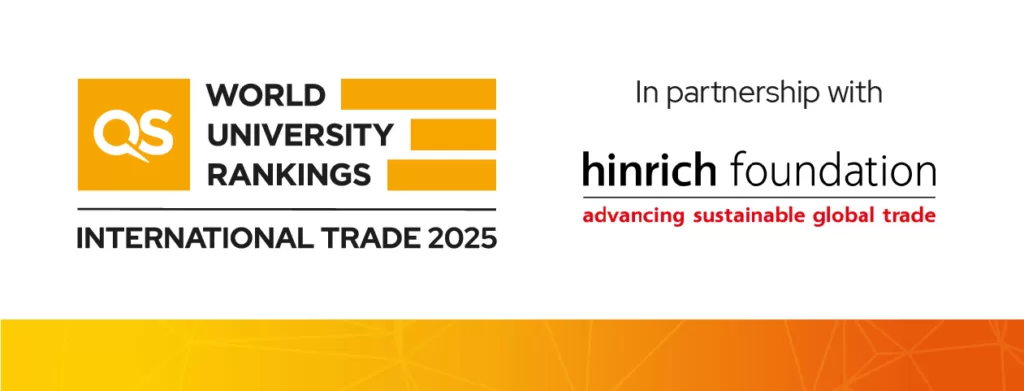
World Music Day was on 21 June – people united to celebrate music’s profound ability to bridge cultures and communities through its powerful influence.
Despite this celebratory spirit, recent government funding cuts to the Creative Arts field in the UK poses challenges to both domestic and international students seeking a supportive environment for their career prospects.
How do the QS World University Rankings provide insights into the impact of music education in universities?
The state of music education, according to the QS World University Rankings by Subject 2024
In the QS World University Rankings by Subject 2024, we added Music (separated from Performing Arts) into the subject areas we assess. 20 institutions featured as debutants.
The top 10 universities in the Music category are:
1. Royal College of Music
2. Royal Academy of Music
3. Conservatoire National Supérieur de Musique et de Danse de Paris (CNSMDP)
4. Guildhall School of Music and Drama
=5 Juilliard School
=5 Royal Northern College of Music (RNCM)
7. The Gnesins Russian Academy of Music
8. Moscow P. I. Tchaikovsky Conservatory
9. Curtis Institute of Music
10. Shanghai Conservatory of Music (SHCM)
UK universities occupy four of the top 10 positions in the Ranking, with the Royal College of Music leading in first place, boasting a high score in ‘Academic Reputation’ (97.6) and a perfect score of 100 in ‘Employer Reputation’. The Royal Academy of Music follows in second place with an overall score of 94.6.
In France, Conservatoire National Supérieur de Musique et de Danse de Paris is the country’s only institution in the top 10. Insights from the QS World University Rankings show that specialist, creative universities have strong reputations among academics and employers. With strong employer reputation scores, we can deduce that graduates will be sought after by businesses – this is despite debates around the value of creative arts degrees.
Florence Webb, Head of Frameworks at QS said, “QS introduced a music subject ranking this year to address the growing interest and recognition of music as an academic discipline. Universities are offering a wider array of specialised programmes, including those in the Arts and Humanities. Also, introducing a music ranking helps QS provide a more comprehensive assessment of the academic landscape, reflecting the diversity of subjects offered. Music was introduced following consultation with the sector and our Advisory Board.”
39% of prospective international students said they actively seek information about how institutions utilise AI and technology when researching universities.
QS International Student Survey 2024
Generative AI: Fuelling creative minds
Since the rise of Generative AI in 2023, it is becoming more integrated in education – students in creative fields are increasingly recognising its value in enhancing the creative process.
Furthermore, findings from the QS International Student Survey 2024 show that 57% of students interested in studying Creative Arts consider ‘up-to-date technology’ among the most crucial factors when researching a university.
Universities can leverage this information to update their curriculum with current tech-driven skills, cultivate partnerships with AI companies for practical experiences, and ensure students are well-prepared to excel in AI-integrated creative industries.



